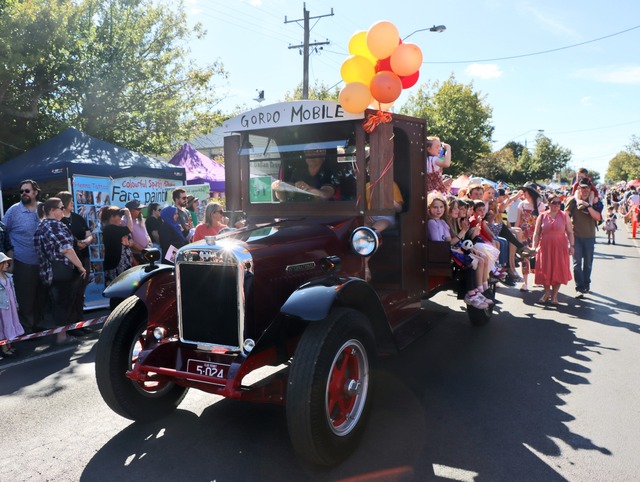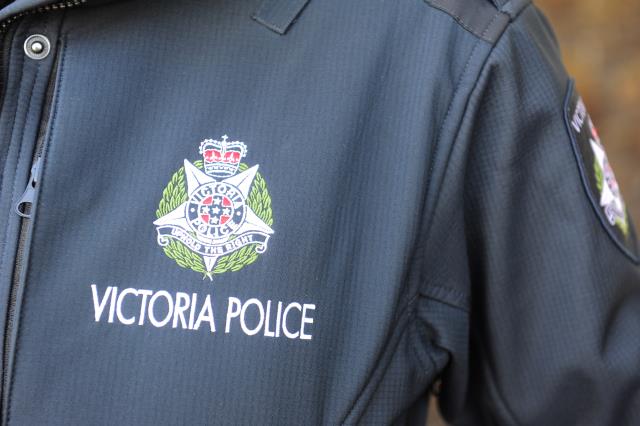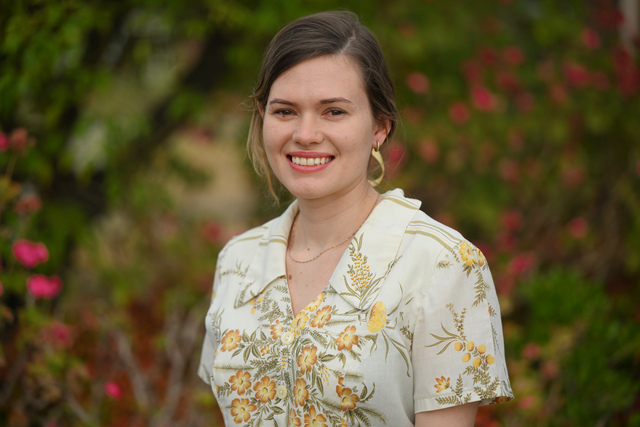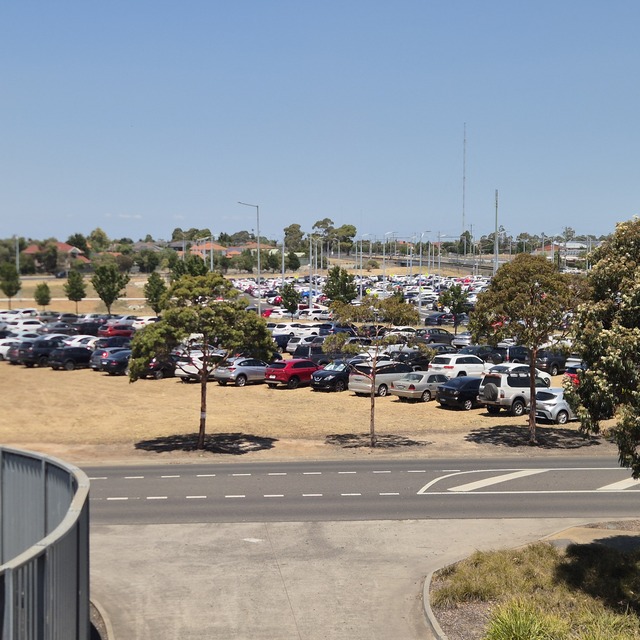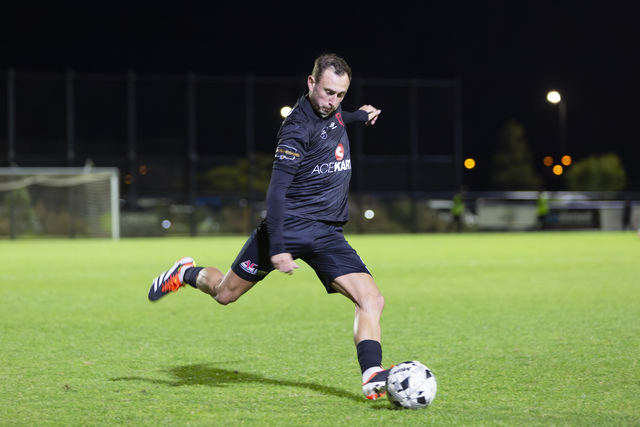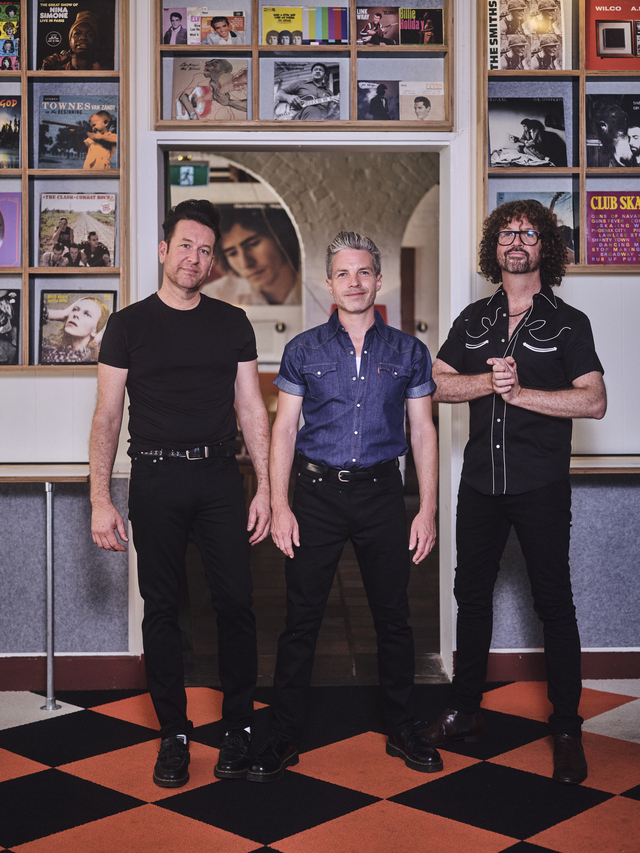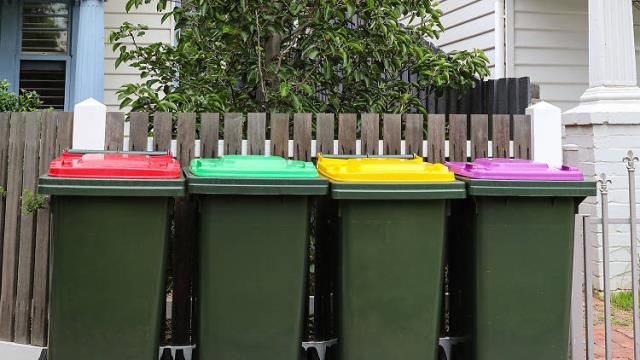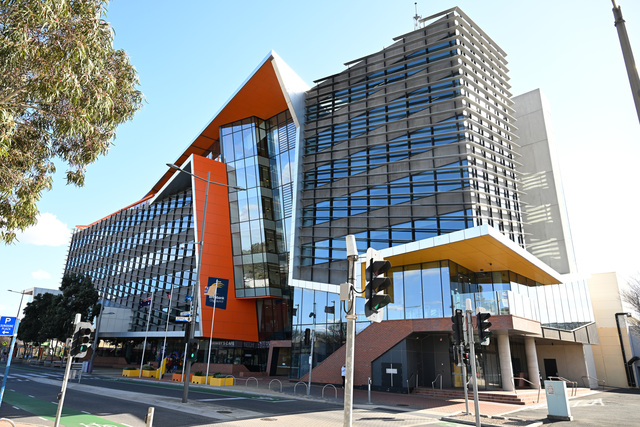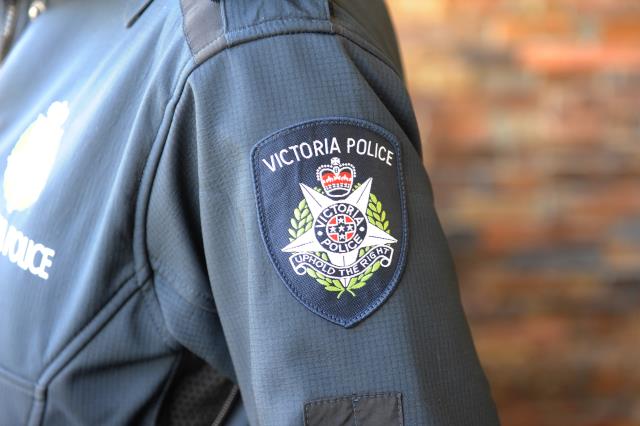World Suicide Prevention day took place on September 10, and a local mental health worker is urging Australians to keep the conversation going.
Suicide is the leading cause of death for people aged between 15-24 in Australia. Suicide Prevention Australia reports that more than 350 young people take their own lives every year. For every youth suicide, there are approximately 100 to 200 more attempts.
Peter Shortis is a youth mental health and wellbeing coach working in St Albans. He said when speaking about suicide, it is important to be direct and clear when tackling these difficult conversations.
“The best way to help is to keep it in conversations,” he said.
“We often think suicide can be a taboo subject, and it’s great to see awareness come up in times like suicide prevention week, but the number one priority is to keep the conversation going, and to name what it is you’re speaking about.
“Sometimes we try to go around the topic, but when asking someone who you think may be having feelings of suicide it is so important to be direct. The best way to find out if someone is suicidal is to simply ask them – are you having thoughts of suicide?”
Mr Shortis said being direct in the conversation lets the other person know that you are both on the same page, and there is a mutual understanding of what the conversation is about.
“It’s also ok to get it wrong, if you ask them and their answer is no, then that’s great,” he said.
“If they say yes, the next step is listening and letting them explain what it is they’re going though. It is important to validate their feelings and follow it on with supporting them to get help. That may be calling a hotline, seeing a school counsellor or even just accessing your GP.”
Mr Shortis said normalising these conversations can help strip the taboo label from the topic of suicide.
“It can let people know that feelings of suicide can be a common thing for people to have, and by hopefully talking about it and accessing help, people can understand that they are not alone and there is help out there,” he said.
If you or anyone you know needs support call Lifeline 131 114, or Beyond Blue 1300 224 636.






